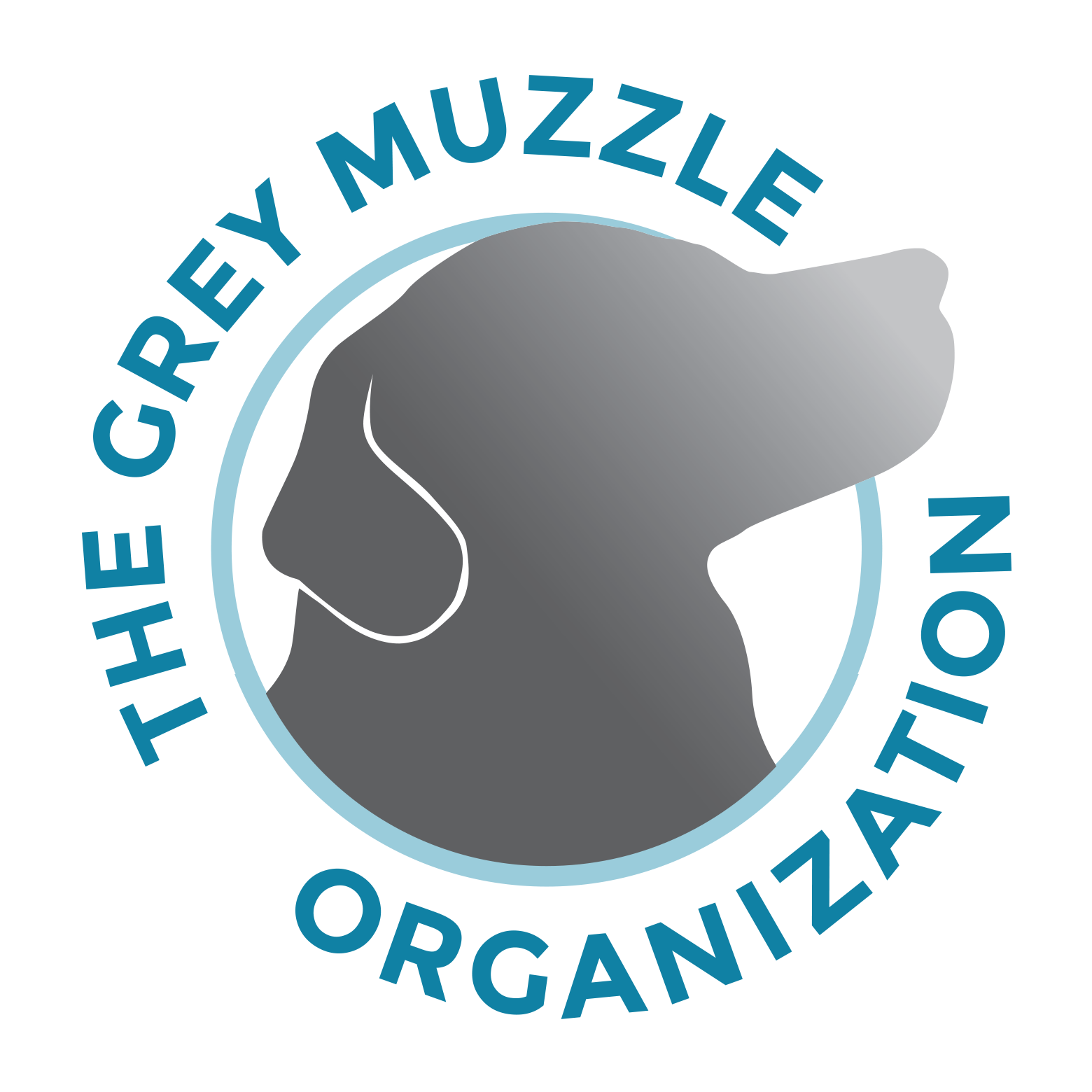Canine Cognitive Dysfunction in Dogs Part 1
In part one of this blog series, we’ll provide an overview of Canine Cognitive Dysfunction (CCD), including definition, symptoms, diagnosis and prognosis. This information was provided by Lap of Love Veterinary Hospice as part of their educational pet disease series and has been republished with permission.
What Is It?
Canine Cognitive Dysfunction (CCD) is a medical condition that is characterized by the changes associated with the aging process of the brain that result in a decline of canine mental faculties associated with spatial orientation (where the dog is in space), facial recognition, memory, and learned behavior. Cognitive dysfunction is a progressive disease with often rapidly worsening signs of senile behavior, similar to the behavior demonstrated by humans with Alzheimer’s disease and dementia.
Fifty percent of dogs over age ten will exhibit some degree of symptoms of CCD. Unfortunately, many times the symptoms of CCD are mistaken as normal old age behavior, resulting in an artificially low reported number of affected dogs. Cats suffer from cognitive dysfunction as well. However, due to the subtle nature of the presentation of feline symptoms of Feline Cognitive Dysfunction, the reported numbers, and therefore information regarding successful treatments remains limited.
Signs & Symptoms
Here are the most common signs and symptoms of CCD and the stages of how they progress or present.
Initial Symptoms
- Pacing at night
- Constant barking
- Sleeps abnormally deep
- Strange behavior toward people they know
- Panting excessively
Intermediate Symptoms
- Reclusive behavior
- Drooling
- Obsessive licking
- Worsening anxiety
- House soiling
- Increased thirst
Advanced Symptoms
- Wandering
- Memory loss
- Staring
- Stuck in corners
- Disorientation
Crisis Situations Requiring Immediate Medical Intervention
- Difficulty breathing/panting
- Unable to walk
- Blue gums and/or tongue
- Sudden collapse
- Uncontrollable vomiting/diarrhea
- Yowling in pain
Diagnosis of CCD
The diagnosis of CCD is based on the account of historical events and symptoms at home while eliminating other possible medical causes, such as brain tumors. When the symptoms present in a geriatric dog, the suspicion for CCD increases and warrants proactive intervention and management.
Common symptoms and signs may include abnormal behavior including very deep sleep states, pacing at night, getting up to urinate through the night, staring blankly, standing in a corner, barking, wandering, and increasing anxiety. As memory is affected some pets may react to a well known person as if they were a stranger, and become irritable or aggressive. Other pets may display abnormal hunger, thirst, urination and defecation habits. As the disease progresses many pets display an increasingly severe loss of learned behavior such as lack of recognition of normal commands, defecation in the house, and urination in the house or multiple times at night with increasing night time behavior.
Prognosis
The prognosis for CCD depends on each individual patient’s response to trial with multiple treatment options. Those that respond favorably may have a delayed progression, though these positive effects may be temporary. Prognosis is poor for dogs that do not respond to any therapies. Progressive disease will eventually lead to a static lifestyle regardless of treatment for the pet as the symptoms escalate in severity while quality of life declines.
While not a painful disease, many pets display significant stress and/or anxiety and owners often feel as though their pet is no longer mentally present. A personalized treatment plan with multiple therapeutic trials is important to manage CCD. Talk to your veterinarian regarding the best treatment protocol for your pet.
For treatment options and management tips, check out Part 2 of our CCD blog series.



